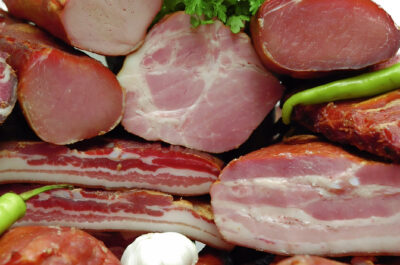Energy drink consumption has become a “rising public health problem” that can cause insomnia, nervousness, headache, fast heartbeat and seizures that are severe enough to require emergency care.“These beverages provide high doses of caffeine that stimulate the central nervous system and cardiovascular system. The total amount of caffeine in a can or bottle of an energy drink varies from about 80 to more than 500 milligrams (mg), compared with about 100 mg in a 5-ounce cup of coffee or 50 mg in a 12-ounce cola.1 Research suggests that certain additives may compound the stimulant effects of caffeine.”[1]
The number of emergency department visits involving energy drinks rose from 10,068 in 2007 to 20,783 in 2011. Among the visits to the emergency room the highest were male patients although both female and male visits doubled over the same time period. The largest groups seen were patients between the ages of 18 to 39. However, the largest increase in a single population group was within people age 40 are older. This group experienced a growth of 279% from 1,382 visits in 2007 to 5,233 visits in 2011.
Marketing of these beverages suggest that you can experience increased stamina, weight loss, and enhanced physical and mental performance. The latest marketing trend is in energy shots. These have become more popular with older groups. In one study it was fond that people who drank energy shots had a tendency to consume more alcohol. The belief may be that the consumption of large amounts of caffeine can mask the symptoms of alcohol which is not correct. The majority of emergency room visits were because of people who had adverse reactions or who also had abused drugs in addition to taking energy drinks. “Pharmaceuticals were most commonly combined with energy drinks (27 percent), with 9 percent involving energy drinks and central nervous system stimulants (e.g., Adderall®, Ritalin®). About 13 percent of visits involved energy drinks and alcohol and one tenth of visits (10 percent) involved energy drinks and illicit drugs, with 5 percent involving energy drinks and marijuana.”[2]
The report went on to say that health care providers should discourage patients from taking energy drinks as the perceived benefits are often based on marketing techniques rather than scientific evidence.


